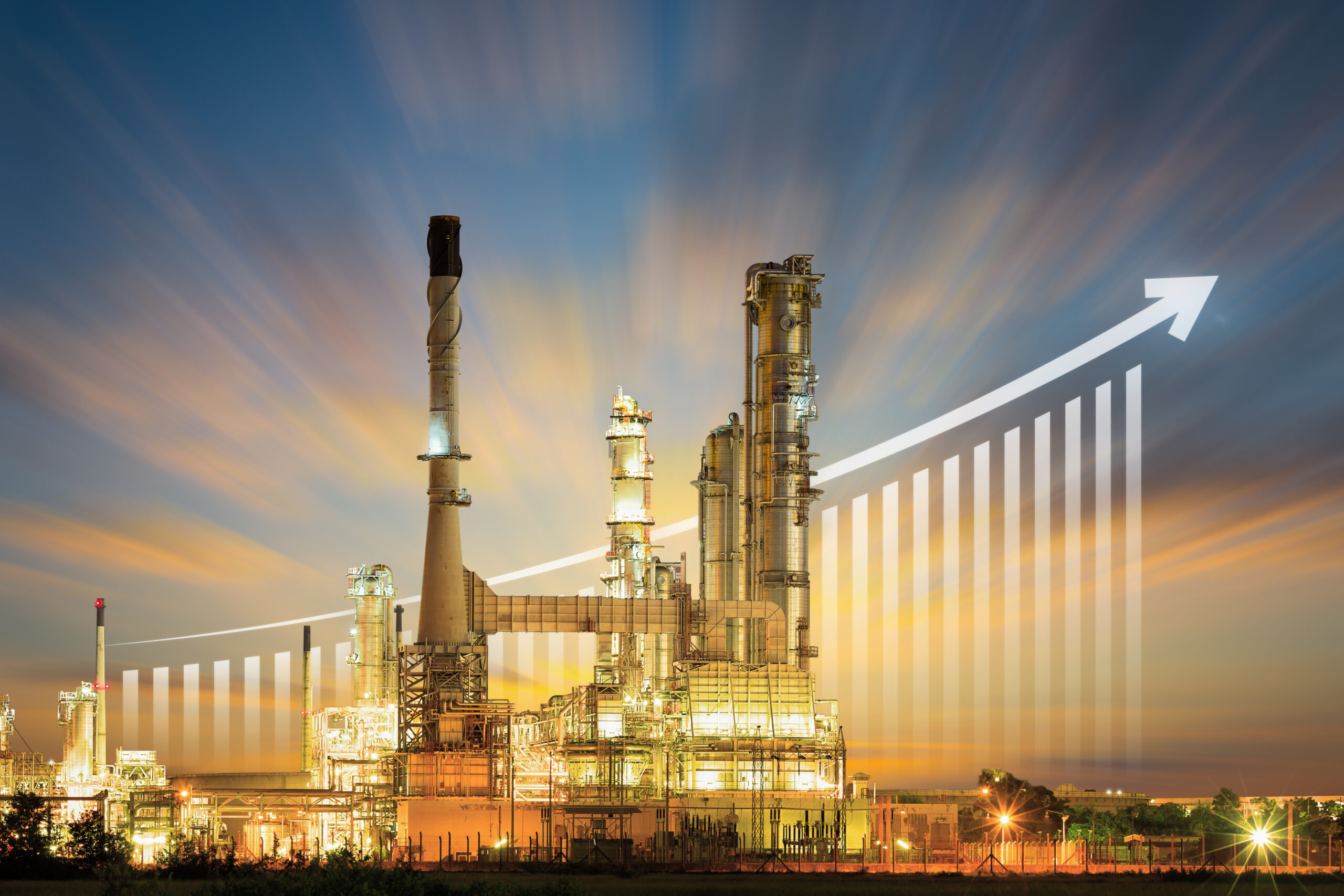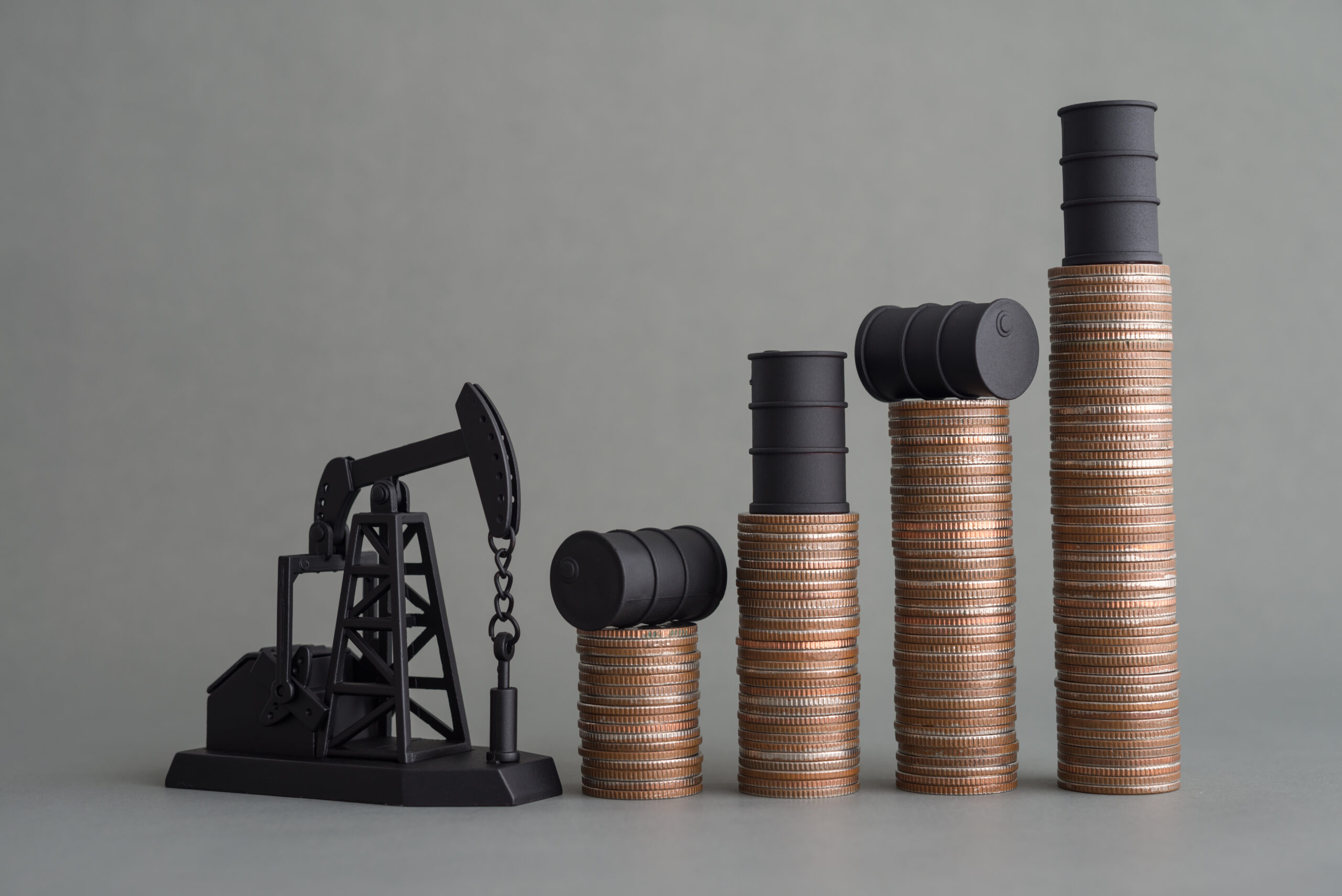Hydrocarbon Economics and Upgrading Training Course
Consultant/Trainer: Selwyn Maduro
The Petrogenium Hydrocarbon economics and Upgrading course is centered on raising awareness of all aspects related to refinery margin and profitability. It is important for analysts, schedulers, accountants and sales to refiners and of refined products, to understand the refinery building blocks, how they are interrelated, and how they might impact product quality and overall refinery economics. The course looks at the refinery through a high-level master planning lens.
Participants
This Petrogenium course can be tailored for awareness/inexperienced staff, for intermediate and for experienced personnel, but is designed for non-engineers who will benefit from a knowledge of refinery processes, such as distillation, cracking and chemical treatment. Furthermore the course can be customized for a specific refinery, plant or unit. The option for post-course consultancy/help-desk support is also available.
Participants may include: those assigned in upstream, mid-stream, analysts, schedulers, accountants, sales, marketing, tax, finance, legal, HR and IT functions.
Participants may include: those assigned in upstream, mid-stream, analysts, schedulers, accountants, sales, marketing, tax, finance, legal, HR and IT functions.


Learning Objectives
After completion of the course participants will have solid understanding of:
- the properties of crude oil and refined products
- the refinery types and their complexity in relation to the different crude oils
- the role of heavy oil upgraders and the effect of shale oil and shale gas
- to explain the various refinery types/configurations and be able to construct a refinery flow scheme by clearly indicating product flows to and from the process units
- petroleum chemistry (awareness) and processing
- the typical products of refining and their specifications (both performance and regulatory)
- product blending and tank farm operation
- how to manager sulphur in the refining process
- how to understand the impact of refinery operation on the environment (SO2, CO2) and the drive and impact of biofuels
- how costs, volumes, proceeds, investments and product qualities affect refinery economics
- the role of LP modeling and refinery economics: the economic drivers that refinery, tank farm/blending profitability and why the price at the pump is set where it is set how the supply chain is constructed and how logistics and shipping can mitigate price fluctuations (e.g. contract form, hedging)
- the role and importance of Master planning
Day 1
Day 2
- What is Downstream
- Crude supply and demand
- Regulatory and specification changes
- Overview of the refining processes and product blending
- Oil refinery and petrochemical integration
- Refinery economics and margins
- Crude and product costs
- Operating costs
- Capital charges
- Freight rates and fiscal duties
- Working capital
- Capital investment
Day 2
- The importance of Master planning
- The strategic view
- Scenario development
- Scenario analyses
- LP models and other tools
- Economics and sensitivity analyses
- Important auxiliaries (utilities, environmental protection)
- Cost estimates
- Project execution
- Master planning results presentation
Programme
Day 1
Day 2
- What is Downstream
- Crude supply and demand
- Regulatory and specification changes
- Overview of the refining processes and product blending
- Oil refinery and petrochemical integration
- Refinery economics and margins
- Crude and product costs
- Operating costs
- Capital charges
- Freight rates and fiscal duties
- Working capital
- Capital investment
Day 2
- The importance of Master planning
- The strategic view
- Scenario development
- Scenario analyses
- LP models and other tools
- Economics and sensitivity analyses
- Important auxiliaries (utilities, environmental protection)
- Cost estimates
- Project execution
- Master planning results presentation